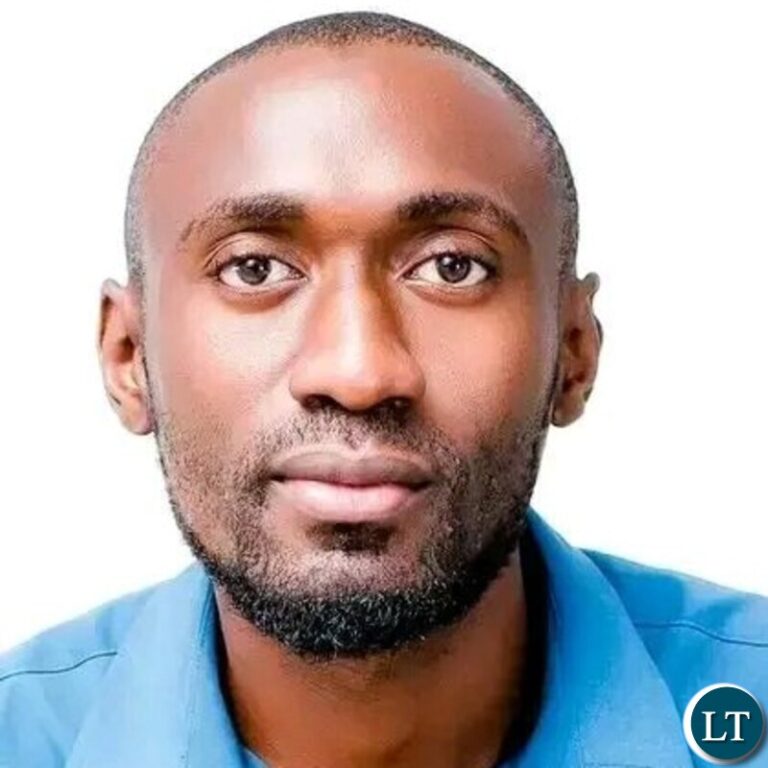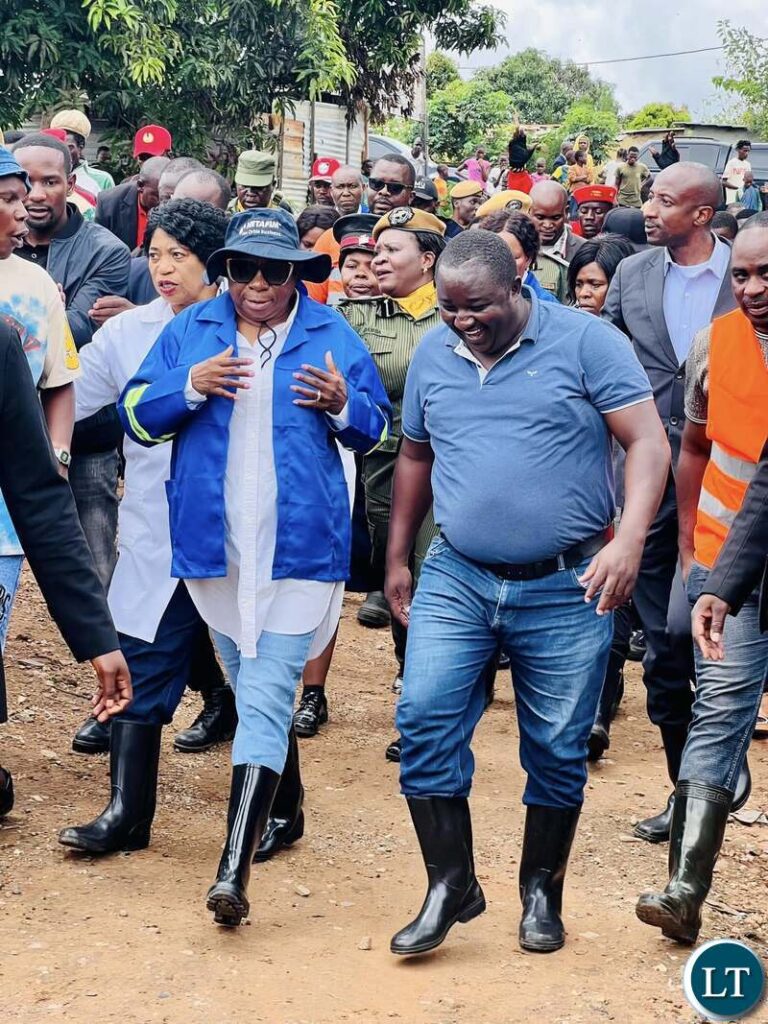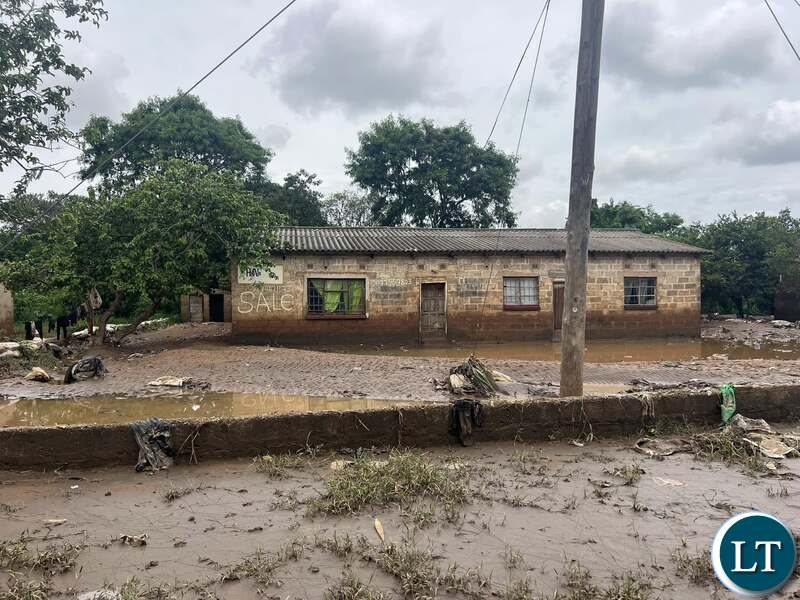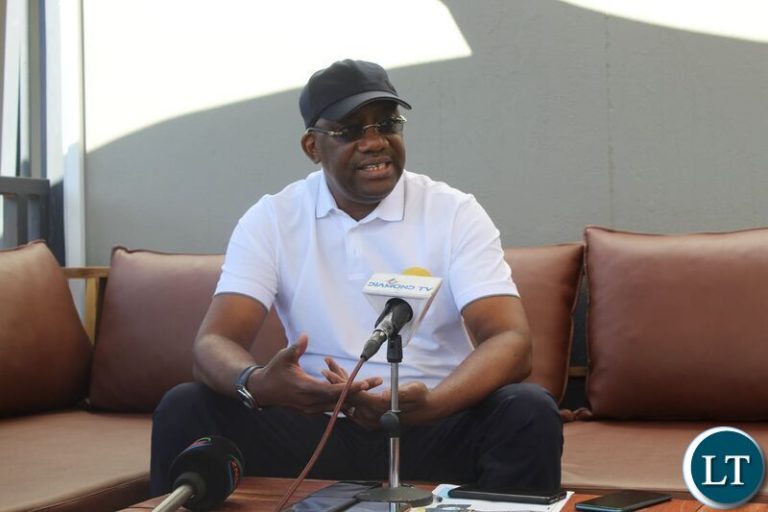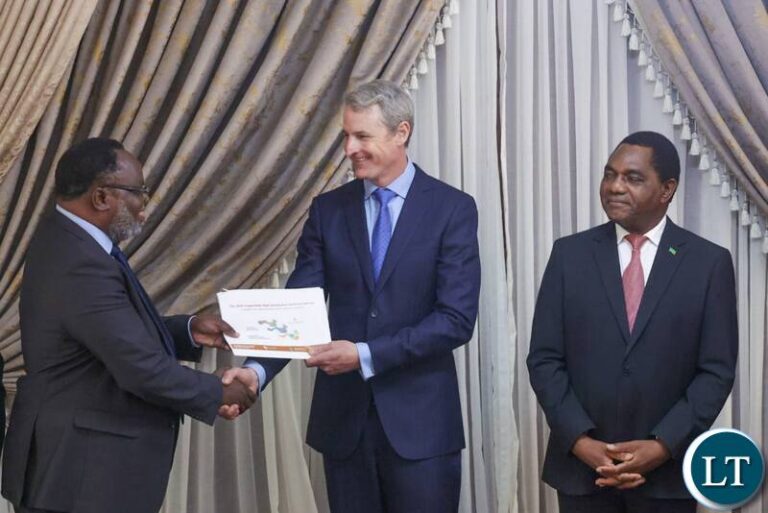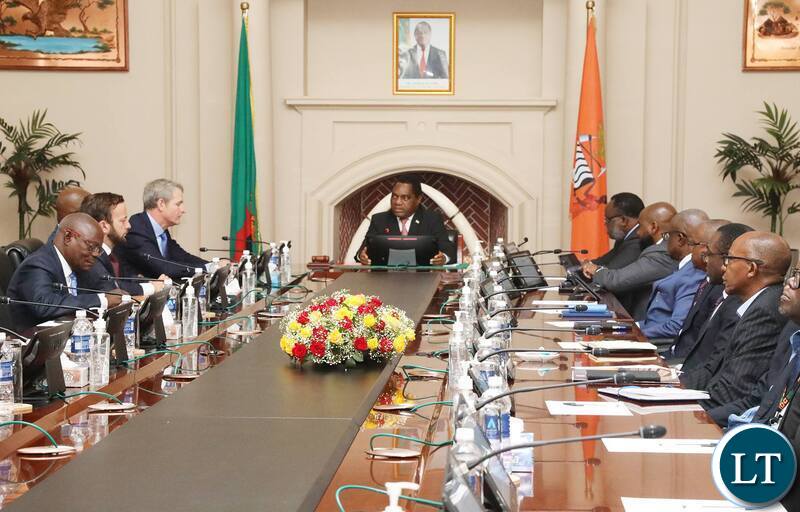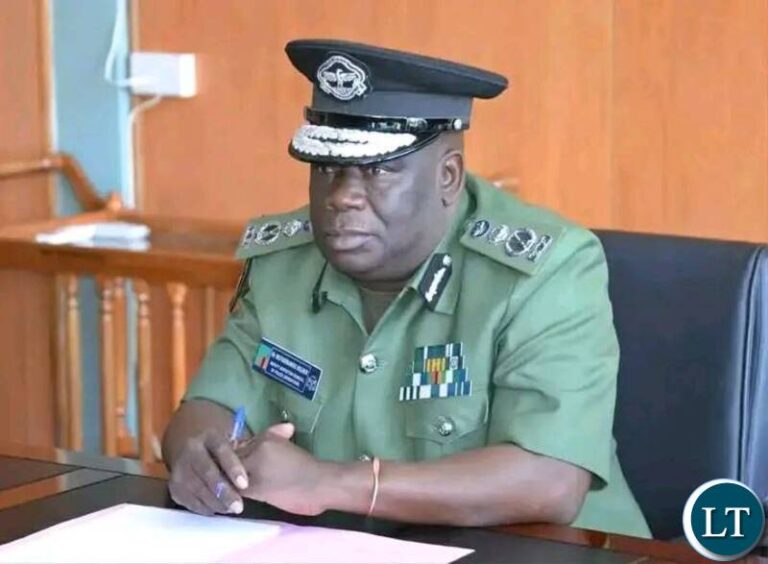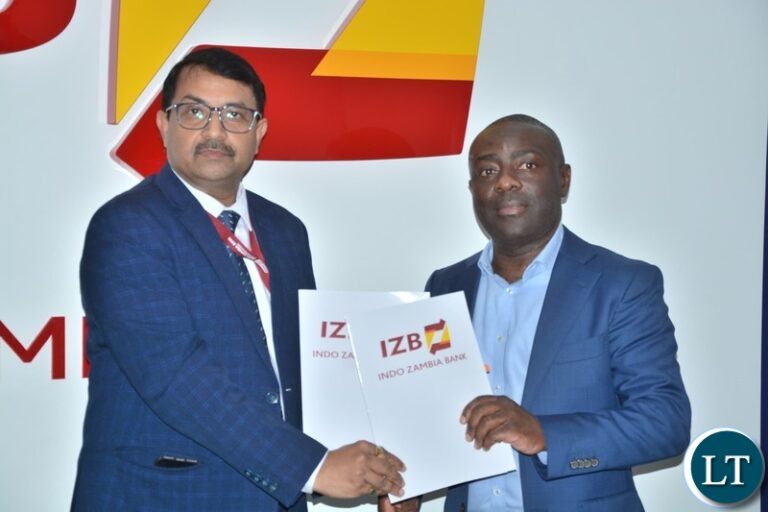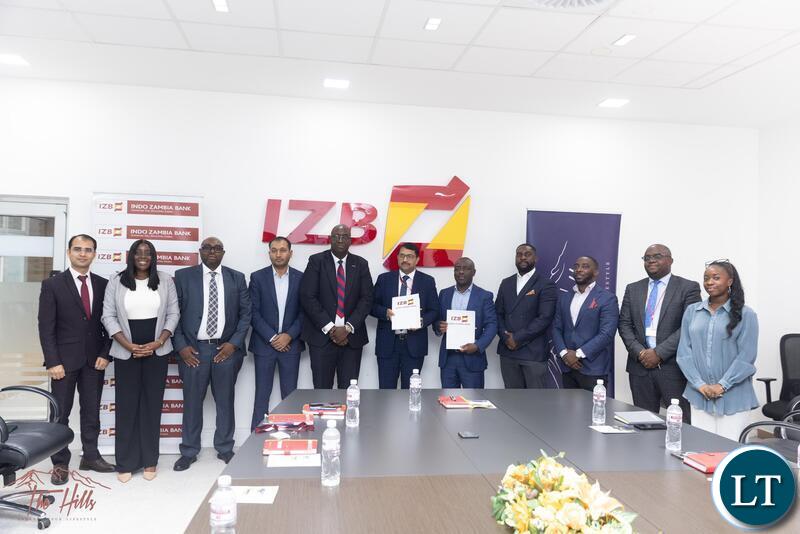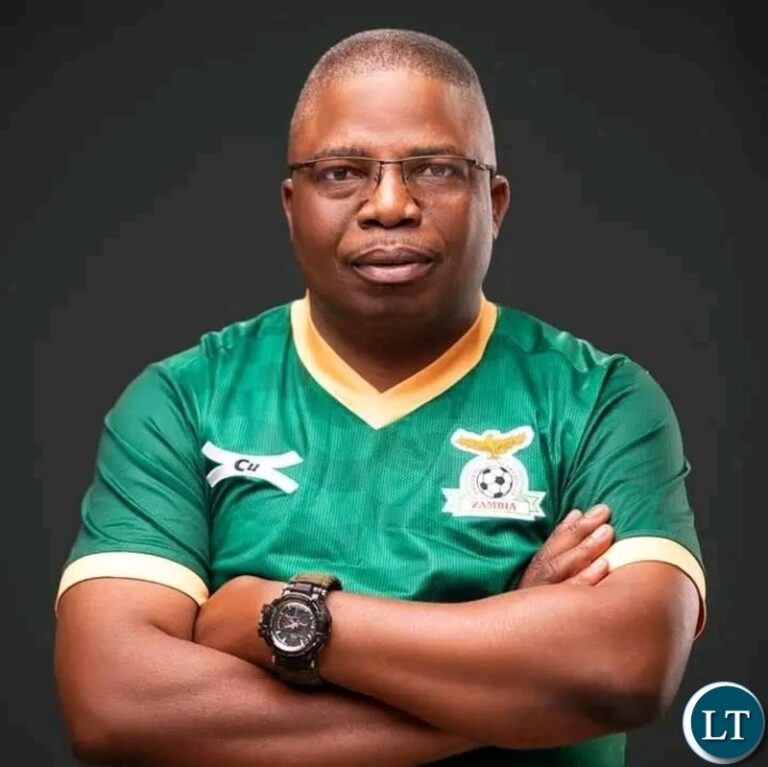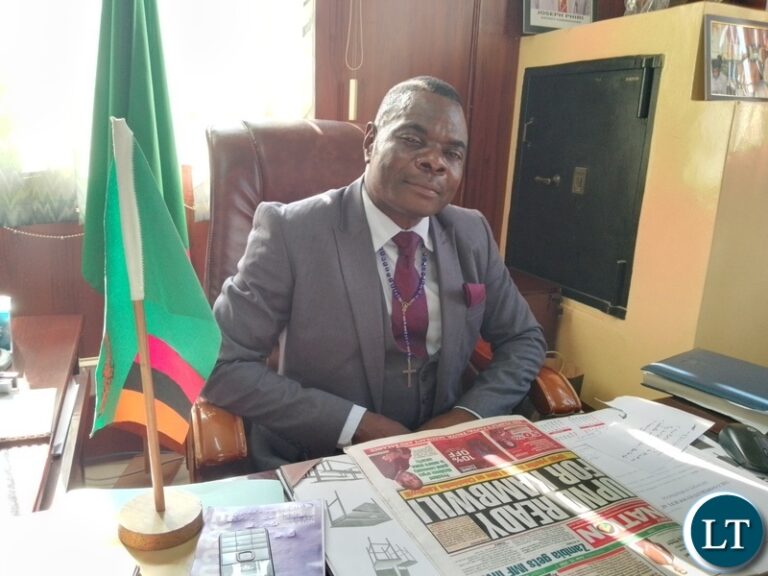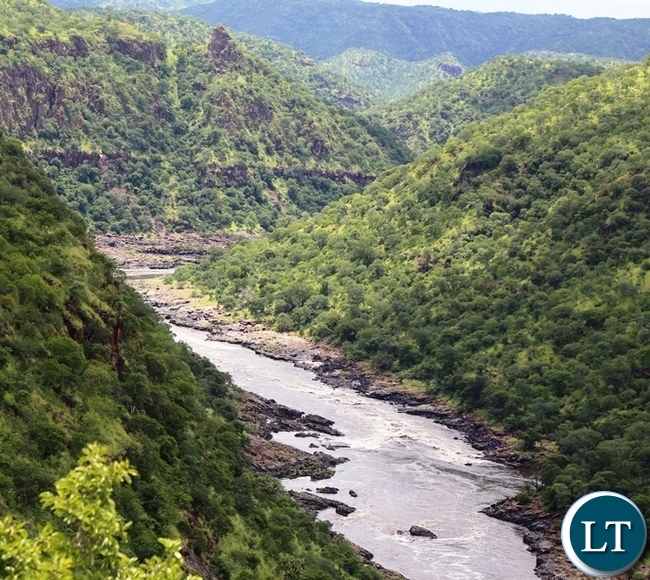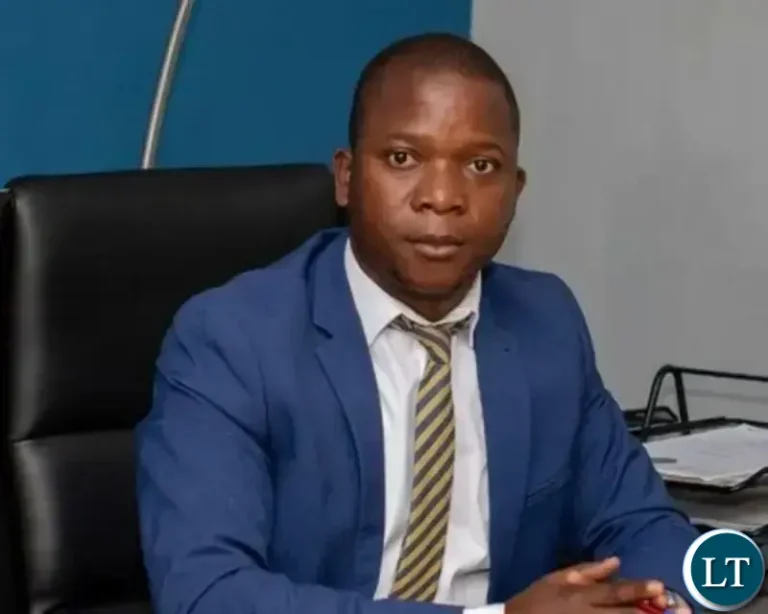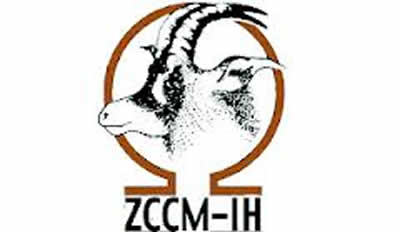Donald Trump’s announcement of a $100 billion artificial intelligence investment venture, with industry leaders such as SoftBank’s Masayoshi Son, OpenAI’s Sam Altman, and Oracle’s Larry Ellison at the helm, confirms two key truths: dismissing AI as yesterday’s story is a mistake, and every investor must ensure they have exposure to AI.
Nigel Green, CEO of deVere Group, one of the world’s largest independent financial advisory and asset management organizations, comments: “Many analysts argue the AI rally is going to dampen this year, but this news reaffirms that we’re merely in a recalibration phase, not a revolution in market leadership.
“AI is not a fleeting trend—it’s the foundation of the future. Investors who fail to recognize this risk missing out on one of the most transformative opportunities of our time.”
The venture, which aims to grow to $500 billion, focuses on advancing AI infrastructure such as data centers and physical campuses while accelerating real-world applications in sectors like healthcare and energy.
Although companies like Microsoft and Nvidia are not officially backing the initiative, they are expected to play significant roles in the broader ecosystem of AI-driven growth.
“Trump’s promise to fast-track these projects using emergency declarations and executive orders further highlights the urgency and scale of this economic shift,” notes Nigel Green.
In 2023 and 2024, the so-called “Magnificent Seven” tech giants—including Nvidia and Microsoft—drove entire indexes to record highs.
These companies were responsible for a significant share of the S&P 500’s gains, making AI the defining story of the market. However, this dominance has led some to speculate that AI’s influence may be peaking.
deVere Group disagrees. “The recalibration seen in AI stocks is not a sign of decline—it’s a natural evolution after explosive growth. Leaders in the sector, such as Nvidia and Microsoft, remain at the cutting edge of innovation, driving advancements in computing, software, and AI infrastructure.
“Investors shouldn’t mistake short-term market adjustments for the end of AI’s dominance,” says the deVere CEO.
“The trajectory for AI remains firmly upward as its applications continue to grow and expand across industries. This isn’t the time to lose confidence.”
Artificial intelligence is no longer confined to technology sectors; it is transforming healthcare, logistics, energy, and financial services. “It’s become a critical driver of productivity and efficiency, making it a foundational component of the global economy.”
deVere Group highlights that investors who move early in transformative economic shifts reap the most significant rewards. The compounding opportunities in AI are vast, and those who position themselves strategically now stand to benefit from the next wave of growth.
Green continues: “AI is not a speculative play, it’s a structural shift in how industries operate. From equities tied to leading AI companies to diversified technology funds, there are clear pathways for investors to capitalize on this revolution. Companies like Nvidia and Microsoft remain pivotal players, particularly as their contributions to AI ecosystems grow.”
Nigel Green concludes: “Analysts who dismiss AI as yesterday’s story are missing the bigger picture.
“Trump’s AI initiative is a wake-up call to the immense and ongoing potential of artificial intelligence.
“The time to build exposure to the defining economic shift of our era is today.”



